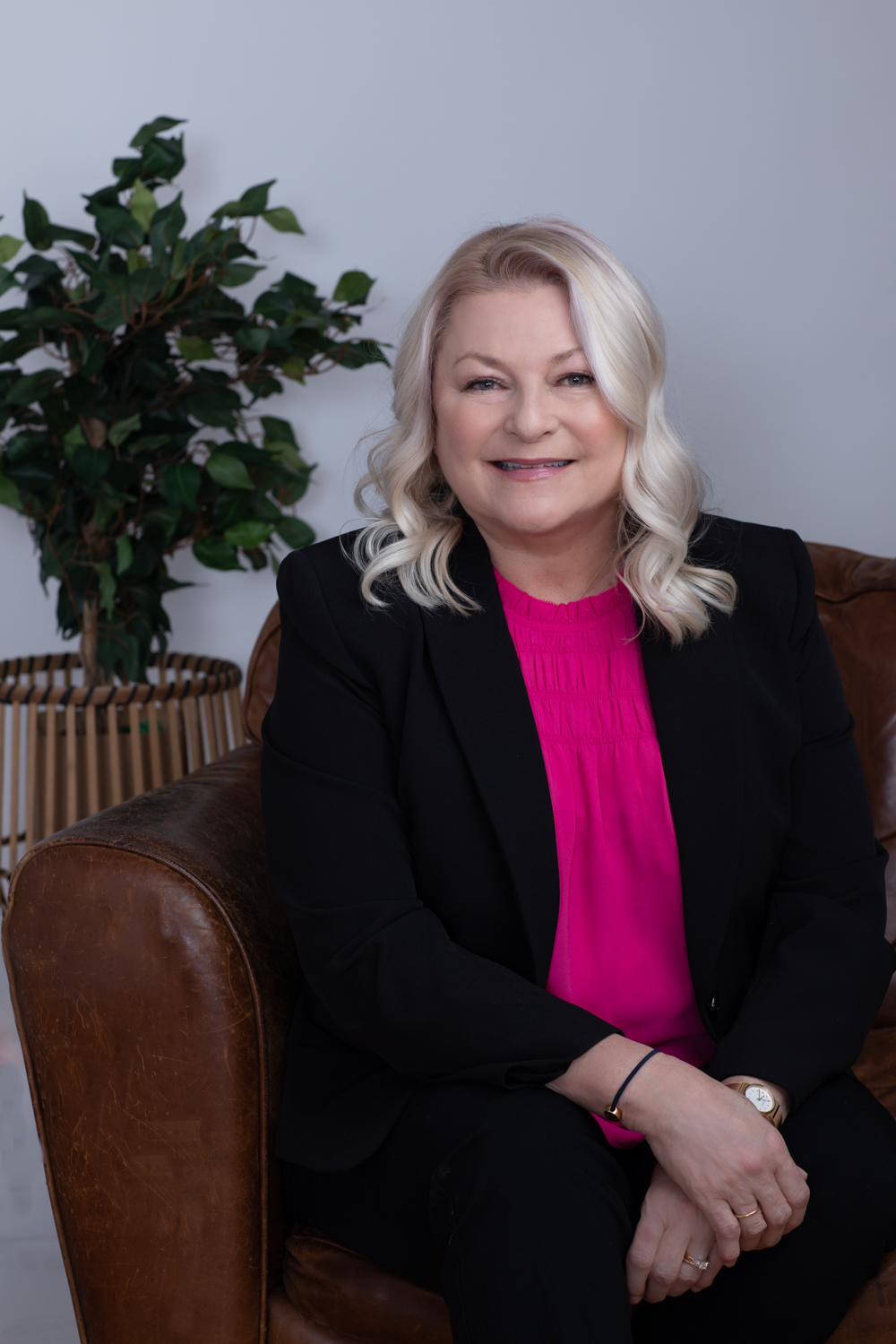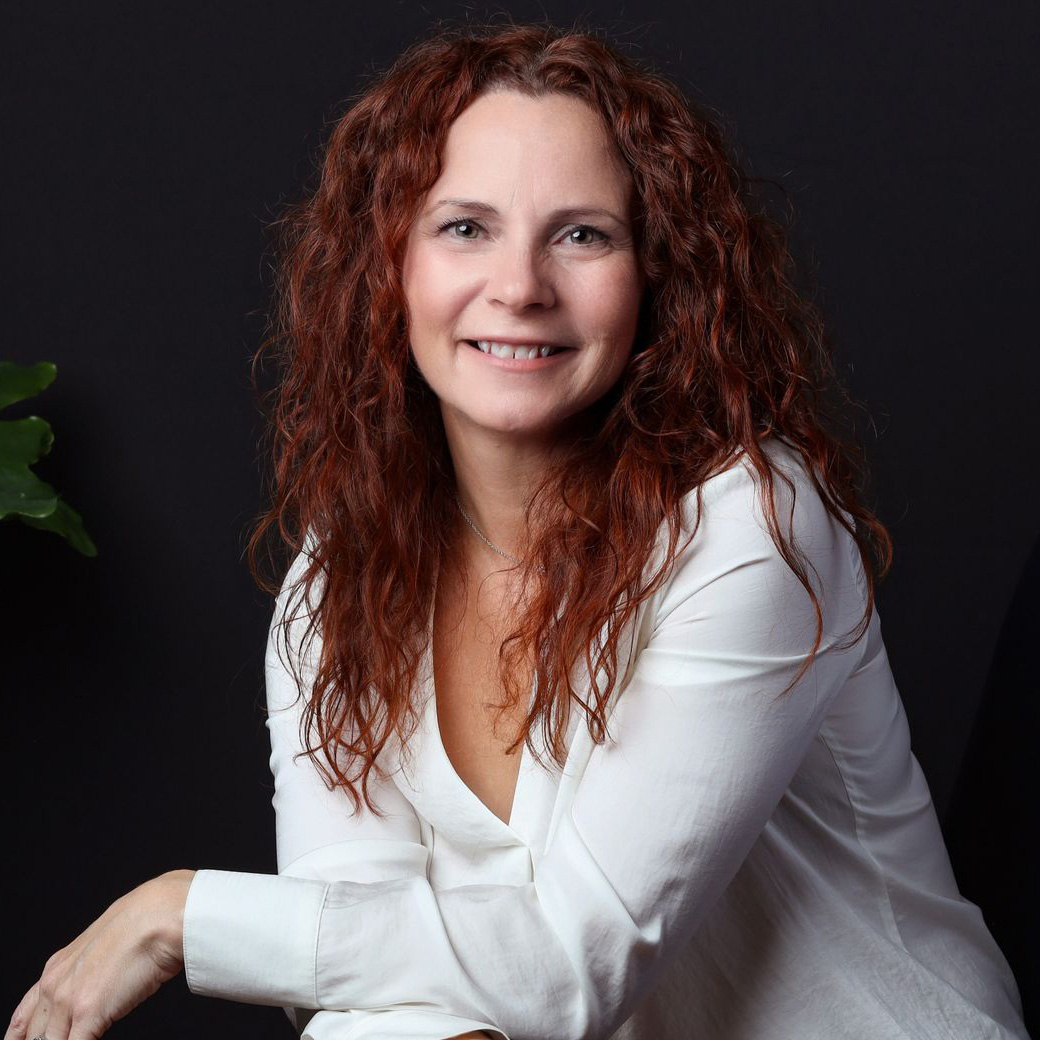As we step into a new year, it’s only natural for many of us to set intentions and resolutions for the months ahead. While the excitement of a fresh start is contagious, it’s important to approach these aspirations with a mindful and compassionate mindset, especially for those battling with eating disorders.
First, let’s acknowledge that setting positive intentions doesn’t necessarily mean making drastic changes, or adhering to strict resolutions. Instead, it’s about cultivating a mindset that promotes self-compassion, self-love, and overall well-being.
1. Embrace Self-Compassion:
As you embark on this new year, approach yourself with kindness and understanding. It’s easy to be hard on yourself, but remember that change takes time and progress is not always linear. Embrace the journey, celebrate small victories, and be patient with yourself.
2. Set Value Driven Goals:
By aligning your choices with your core values, you create a foundation for sustainable and meaningful change. Instead of focusing solely on external resolutions, consider what truly matters to you on a deeper level, by making decisions that resonate with your values, you embark on a journey that not only supports your recovery but also enhances the overall quality of your life.
3. Cultivate a Positive Support System:
Surround yourself with individuals who uplift and support your journey. Share your intentions with trusted friends, family, or a therapist who can offer encouragement and understanding. Having a reliable support system can make a significant difference in navigating the complexities of managing an eating disorder.
4. Practice Mindful Eating:
Mindful eating is a powerful practice that encourages you to be present during meals, savoring each bite and listening to your body’s hunger and fullness cues. By focusing on the sensory experience of eating, you can develop a healthier relationship with food and cultivate positive intentions around nourishing your body.
5. Seek Professional Guidance:
If you’re facing challenges in managing your eating disorder, seeking professional help is a courageous and proactive step. A qualified therapist or counselor can provide tailored guidance, coping strategies, and emotional support to help you navigate the complexities of recovery.
As you step into the new year, remember that your well-being is a journey, not a destination. By embracing positive intentions, practicing self-compassion, setting realistic goals, and cultivating a supportive environment, you can make meaningful strides toward a healthier relationship with food and yourself. Here’s to a year filled with growth, self-love, and nourishing moments!









